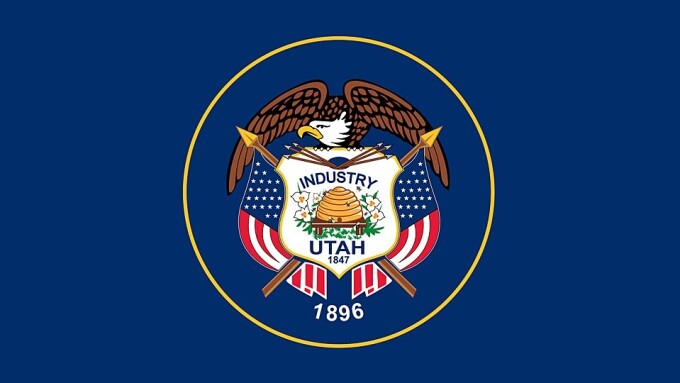LOS ANGELES — Utah’s lawmakers are at it again, this time calling for mandatory warning labels on all pornography distributed within the state.
The latest election year shot fired in the War on Porn comes in the form of House Bill 243, sponsored by Rep. Brady Brammer, which would “create a cause of action that may be brought against a person who distributes pornography without a visible warning” by the attorney general or a member of the public, as long as an individual first notifies the attorney general before bringing an action — making an open casting call for antiporn zealots to file complaints.
H.B. 243’s required warning label proclaims:
“Exposing minors to pornography is known to the state of Utah to cause negative impacts to brain development, emotional development and the ability to maintain intimate relationships. Such exposure may lead to harmful and addictive sexual behavior, low self-esteem, and the improper objectification of and sexual violence towards others, among numerous other harms.”
Compliance details include the clear display of the warning label on all videos and images, along with a prominent display on printed publications and websites.
The bill mandates a civil penalty of up to $2,500 for each violation and possible legal action by the Utah Attorney General and requires that a portion of any recovered funds be allocated to the “Crime Victims” through a so-called “Reparations Fund” that would “[provide] a process for curing the violation and paying a reduced penalty.”
The Judicial Council would also be required to adjust this penalty every five years.
The full text of Utah’s H.B. 243 is available here.








